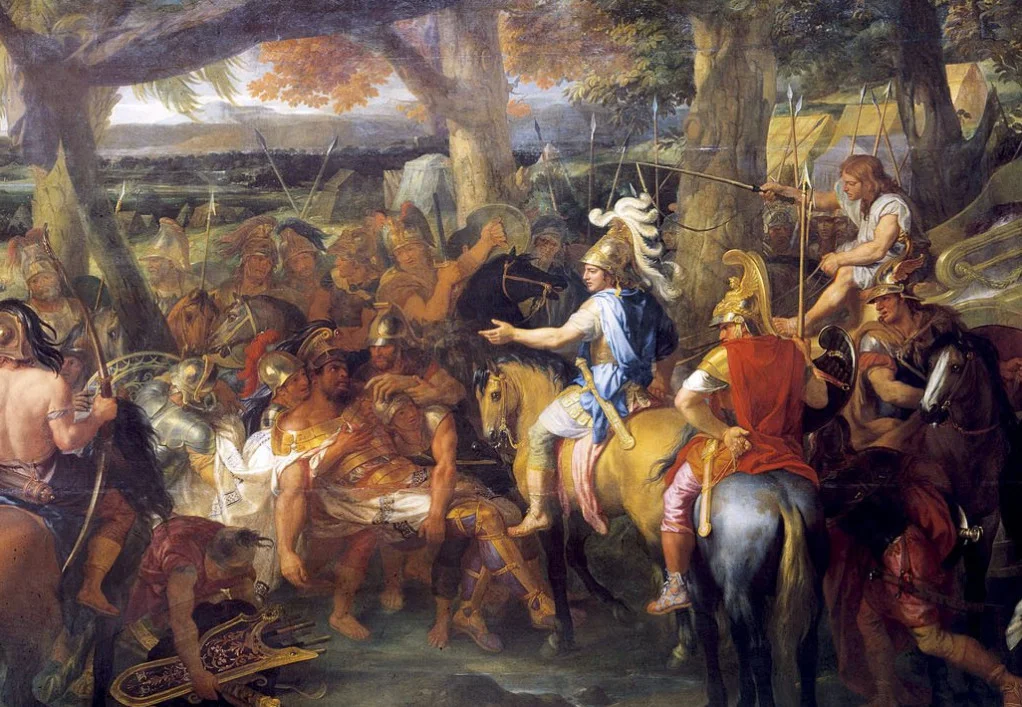When you read ancient literature, you often start to feel somewhat inferior. While describing travels in distant lands and encounters with foreigners, most authors in antiquity and the Middle Ages don't mention language problems at all. All their interlocutors effortlessly switch from Greek to Persian, from Arabic to Latin, and everyone understands the most ornate and florid expressions without issue. At most, they might note, ‘His Latin was a bit rough’, suggesting that the person they’d met was a soldier, not a scholar.
Incredibly, these polyglots learned new languages in just a few weeks. There could be many reasons for this, and perhaps languages were just simpler in ancient times, and people's ears were less sensitive to accents and grammatical errors.
Fortunately, a few ancient accounts have survived, demonstrating that things then were precisely like they are today!
Timotheus of Miletus,i
‘How me you what?
What matter?
Never back:
Bring me here, my king;
More, Father, no, no,
Never war here,
I sit quiet!
I not you here, I there—
Sardis, Susa, Ecbatana!i
Artemis,i
In Ephesusi
The second example is from the Aeneid, the famous Roman epic written by Virgil.i
‘Even those whom we managed to scatter and disperse
In the dark of night, by cunning,
Reappear here: the shields and false spears
They recognize at once, hearing our strange accent.’

Virgil in a Basket/Wikimedia Commons
However, such examples are exceptionally rare. The fact is, ancient authors were far more concerned with the clarity, precision, and beauty of their text than with authenticity and realism. Any ‘Me no understand you’ scenarios were represented in a polished manner on papyrus and parchment and read instead ‘It has come to my attention, O great king …’
